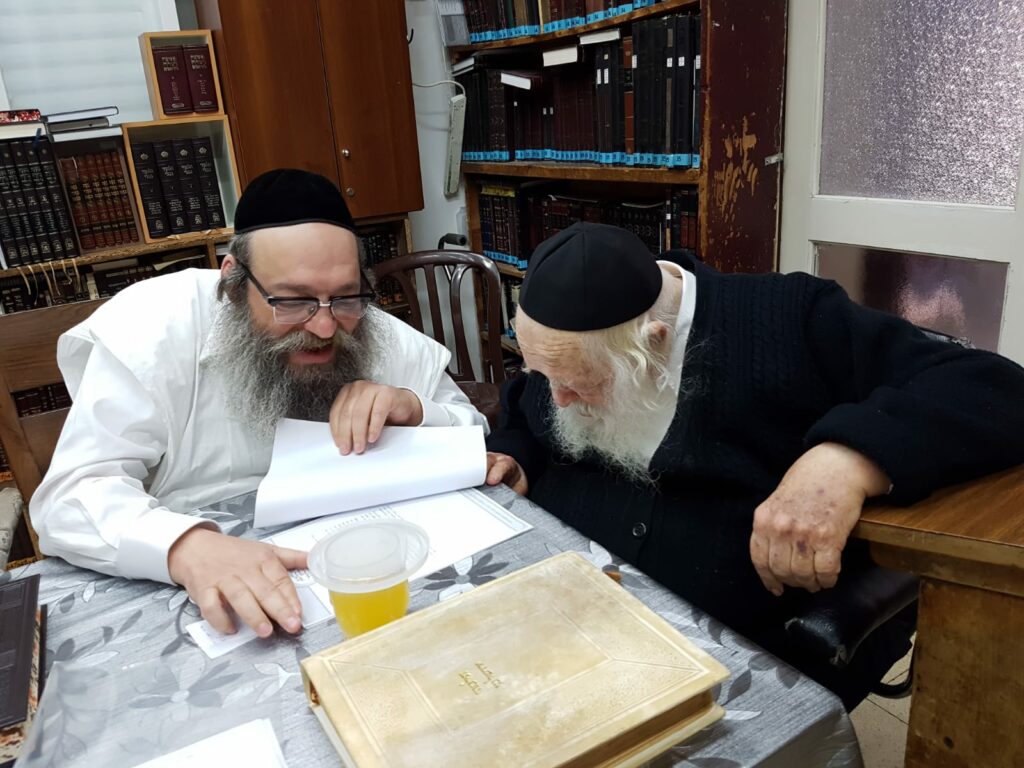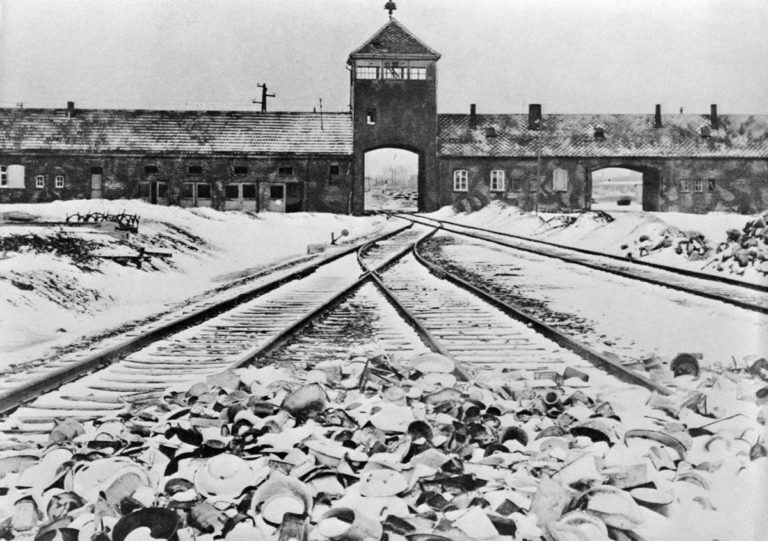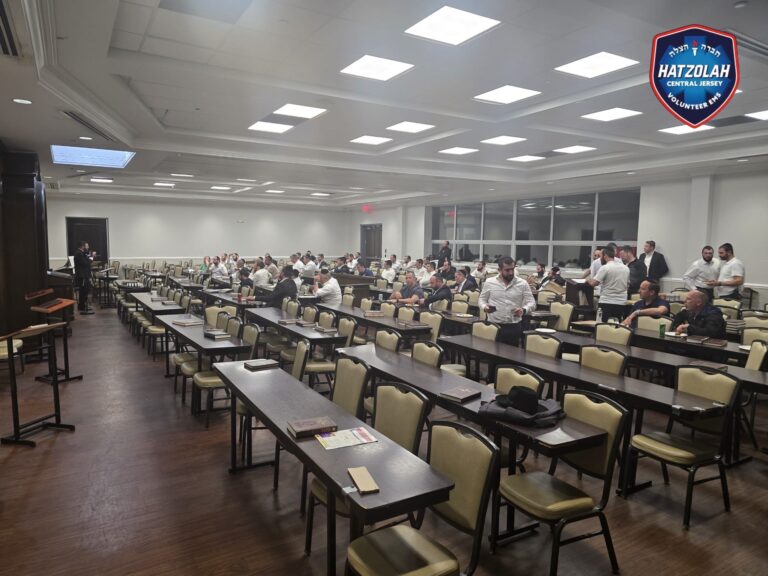By Rabbi Yair Hoffman for 5tjt.com
It was a week after the end of the shiva of Maran Sar HaTorah Rav Chaim Kanievsky zatzal. According to an Orchot Yosher administrator, an Avreich knocked upon the door of Rav Shaya Kanievsky Shlita, the eldest son of Rav Chaim. He asked to enter to speak with Rav Shaya.
The avreich explained: All my lifem I never moved on any significant matter in my life without consulting with Maran Rav Chaim zt”l. Whether it was by messenger, or, when possible I went in myself. I was always successful in every matter. But now I have a dilemma and Maran is no longer around. I hope and pray that his eldest son will answer my question.
My wife is about to give birth. But the doctors are saying that she is past her due date and they are asking us to agree to a c-section/ They say that it is past the point of waiting, but they are still leaving the decision to us. What should we do? The Avreich elaborated upon the factors both ways.
Rav Shaya heard the question and after asking a number of questions to clarify the matter, he ruled that one should listen to the doctors recommendation in this case.
Orchot Yosher, the organization Rav Chaim started l’zecher Nishmas his wife a”h, had heard the story from the Avreich a week later. He had called to thank for the advice and excitedly said that they did perform surgery as decided by Rabbi Shaya. But during the c-section it became clear that there was a Type B nuchal cord, where the umbilical cord was wrapped around the baby’s neck in the dangerous and life-threatening way. I
A nuchal cord happens when a baby’s umbilical cord becomes wrapped around their neck in the womb. Nuchal cords are common, and most often do not cause health problems. In rare cases, however, serious complications do occur.
The umbilical cord is responsible for delivering the oxygen and nutrients that the baby needs to grow. It also carries away waste. Nuchal cords come in two types -type A and type B.
Type A nuchal cords, also called unlocked cords, are free-moving and come undone naturally. Type B nuchal cords, also called locked chords, are wrapped in a way that does not allow them to come undone naturally, except for very rare cases.
This was a type B cord. But the C-section had saved the day. The Midrash states: When does Klal Yisroel stand? When they consult with their z’kainim.
the author can be reached at [email protected]
To read Torah from Rav Chaim zt”l go to orchotyosher.org












5 Responses
What does the outcome have to do with listening to zekeinim?
Wasn’t this the medical advice in the first place?
You’re saying that had the father simply followed expert medical advice and never rum to involve zekeinim, the outcome would have been different?
This was a medical emergency.
If anything, the time spent running to the zakein only INCREASED the risk to the child.
Shlomo 2:
Cesaerean section is not a simple surgery. It is best avoided. From the story it seems that the only reason doctors reccomended it was because she was post term, which is a very poor reason. The doctors left it up to the parents, and R’ Shaya himself had to ask a number of questions. I was in such a situation many times and never had surgery, which was def. the correct decision.
The Medical Doctor is the one that Hashem gives the correct intuition, and you must listen to them.
Regarding this Avreich, many would say ‘Shoimer Psoyim Hashem’.
mobico:
Glad that in hindsight it looks like you made the right decision.
(And what if it had turned out differently?)
In this case, however, perhaps the circumstances were different than in yours?
(This seems to be apparent from the Rav’s having made his decision “after asking questions.”)
It’s always “up to the parents” what should be done, as that’s all a doctor can do.
Presumably the factors were medical in nature here and were therefore at least as apparent to the doctors as they were to the Rav.
So the consultation with someone less capable of assessing the risks (a Rav) than the doctors were is hardly something we’d call wisdom.
And to say that the baby was saved because it’s best to first consult with zekeinim is irresponsible.
And saying that the outcome (baby saved) was due to father’s wise decision is outright foolishness.
Shlomo 2:
All I can say is that I did a LOT of research into this particular issue. It is clear in my mind that the responsible thing to do from a MEDICAL perspective is to NOT automatically turn to a cesaerean section simply due to poast term issues. Obviously, neither of us know the story here. But I found the point of the article to be a good one.